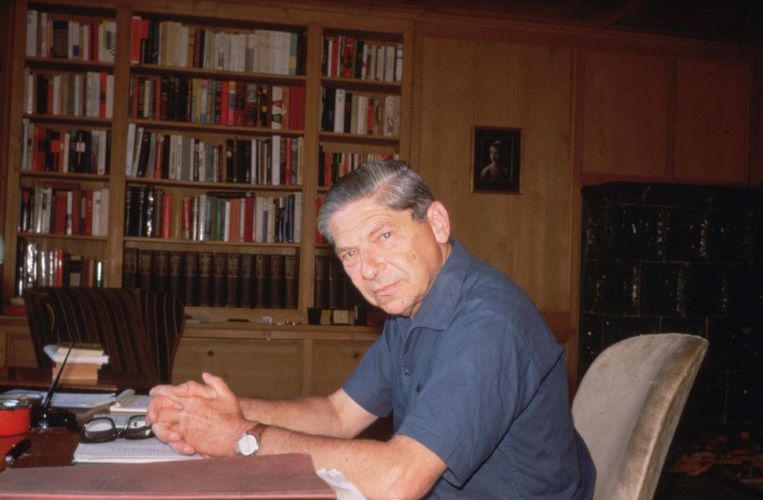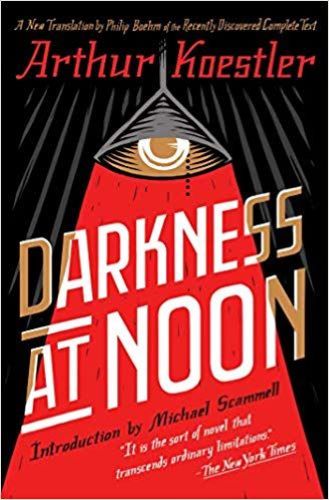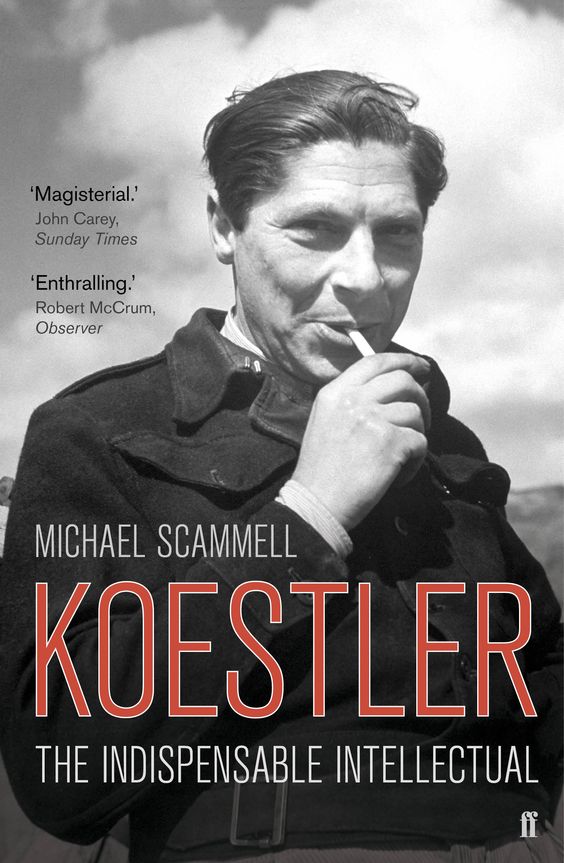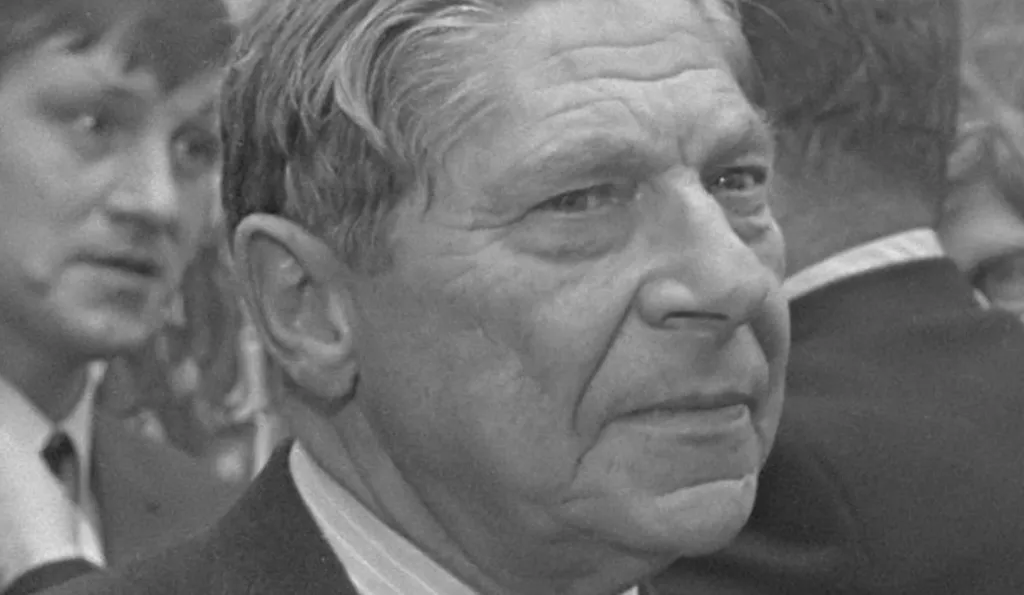
Despite his literary success, Koestler’s life ended tragically, leaving behind questions about the reasons for his suicide
SHOUKAT LOHAR
 Arthur Koestler was a Hungary-born British author and journalist, renowned for his thought-provoking works in both fiction and non-fiction. He delved into a range of topics, including politics, science, and the human condition. Among his notable contributions to literature, “Darkness at Noon” stands as a seminal work, exploring the psychological struggle of an imprisoned Communist during the Stalinist era. However, despite his literary success, Koestler’s life ended tragically, leaving behind questions about the reasons for his suicide. This article aims to provide an overview of his life and works, with a focus on “Darkness at Noon,” as well as an examination of the factors surrounding his suicide.
Arthur Koestler was a Hungary-born British author and journalist, renowned for his thought-provoking works in both fiction and non-fiction. He delved into a range of topics, including politics, science, and the human condition. Among his notable contributions to literature, “Darkness at Noon” stands as a seminal work, exploring the psychological struggle of an imprisoned Communist during the Stalinist era. However, despite his literary success, Koestler’s life ended tragically, leaving behind questions about the reasons for his suicide. This article aims to provide an overview of his life and works, with a focus on “Darkness at Noon,” as well as an examination of the factors surrounding his suicide.
Early Life and Political Activism
Arthur Koestler was born on September 5, 1905, in Budapest, Hungary. Coming from a middle-class Jewish family, he developed an early interest in politics and social justice. Koestler’s involvement in left-wing movements, including membership in the German Communist Party, shaped his worldview and influenced his later writings.
Literary Career and Works of Fiction
Koestler’s literary career gained momentum in the 1930s when he began writing fiction. His works often reflected his political ideologies and experiences. “Darkness at Noon” (1940) remains his most acclaimed novel. Set during the Moscow show trials of the 1930s, it portrays the psychological torment of an Old Bolshevik, Rubashov, as he confronts the contradictions of his beliefs. The novel explores themes of power, ideology, and the individual’s struggle against totalitarianism. “Darkness at Noon” is regarded as a classic of 20th-century literature and a profound critique of Stalinism.
 Non-Fiction and Exploration of Ideas
Non-Fiction and Exploration of Ideas
In addition to his fiction, Koestler was known for his extensive non-fiction writings. His work covered a diverse range of subjects, including science, philosophy, and spirituality. “The Sleepwalkers” (1959) examined the history of cosmology and the scientific revolution. “The Act of Creation” (1964) delved into the nature of creativity and the process of invention. Koestler’s writings challenged conventional thinking and encouraged readers to question established ideas.
Controversy and Criticism
While Koestler enjoyed literary success, he also faced controversy and criticism. Some accused him of being overly critical of the Soviet Union, leading to strained relationships with fellow left-wing intellectuals. His support for the Zionist movement and the establishment of Israel further contributed to the polarized opinions surrounding him.
 The Tragic End
The Tragic End
On March 1, 1983, Arthur Koestler and his third wife, Cynthia, took their own lives in a joint suicide in London. Several factors have been suggested as potential reasons for this tragic decision. Koestler had been suffering from Parkinson’s disease, which may have contributed to his deteriorating physical and mental health. Additionally, his wife was terminally ill with cancer, and they chose to end their lives together. The decision to die by suicide, while tragic, remains a deeply personal and complex matter that defies easy explanation.
Conclusion
Arthur Koestler’s life and works left an indelible mark on literature and intellectual discourse. From his thought-provoking fiction, notably “Darkness at Noon,”
___________________
 Shoukat Lohar is Assistant professor in English at Mehran University of Engineering and Technology Jamshoro. He can be reached at Shoukat.ali@faculty.muet.edu.pk
Shoukat Lohar is Assistant professor in English at Mehran University of Engineering and Technology Jamshoro. He can be reached at Shoukat.ali@faculty.muet.edu.pk